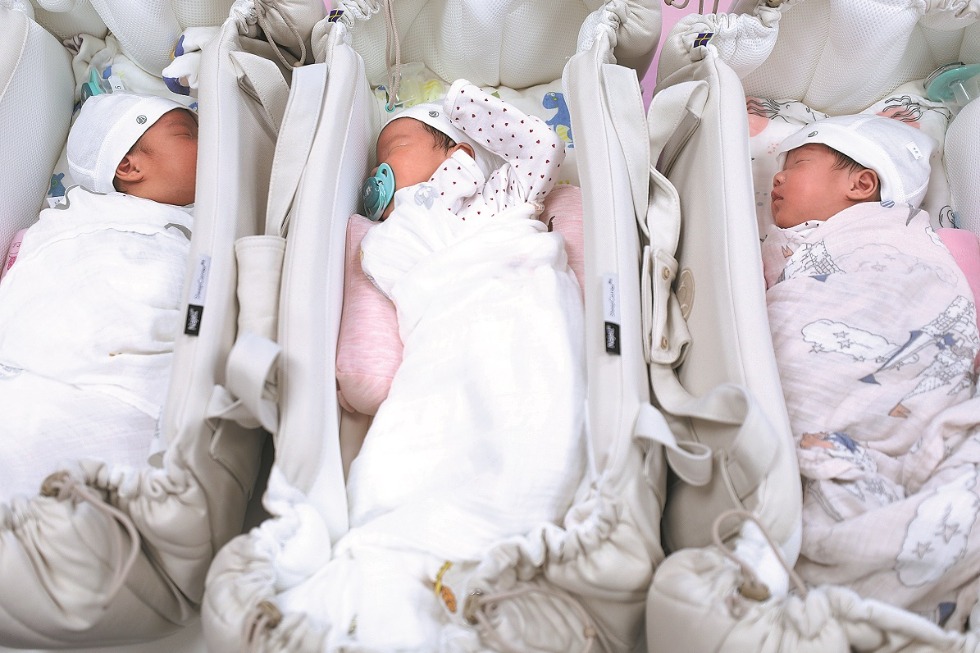Seafarers adrift in currents of virus' shadow
By KARL WILSON in Sydney | China Daily | Updated: 2021-06-12 09:06

At present, China is among a group of 10 countries prioritizing seafarers for the vaccine.
The United States is vaccinating nonnative crews delivering goods in their ports. Belgium has become the first European country to begin vaccinating seafarers, and the Netherlands will launch a vaccination program for all seafarers later this month, regardless of nationality, flying under the Dutch flag. Other European countries are set to follow suit.
Sara Baade, CEO of the UK-based Sailors' Society, the oldest Christian maritime charity in the world, said seafarers have not only had to face the physical threat of contracting the virus during their travels, but they have also found themselves at the mercy of constantly changing public health rules, which have "significantly disrupted the ability of seafarers to leave their ships".
"Many haven't been able to set foot on dry land for months-and a large number haven't been able to go home when their contracts have ended," Baade said.
Origin of quarantine
According to the report by Nikkei Asia, sea transport has long been a "vector for infectious diseases".
"The word 'quarantine' originated in 17th century Venice, referring to the 40 days that sickened merchant sailors were required to stay on their ships to prevent the spread of disease into port cities.
"Part of the 1918 Spanish flu pandemic, which killed between 50 million to 100 million people, could be traced to port cities," the report said.
Captain Rajesh Unni, CEO of Synergy Marine Group, which manages the crewing for over 375 commercial vessels, told the magazine that "seafarers face the same fear, loss and grief brought on a by a deadly pandemic as much of the rest of the world, but contend with it from the extreme isolation of a ship".
"The frustration is humongous," he said. "You're not able to do anything, you're not able to see (one's family) for one last time.
"The mental well-being of people has been very, very difficult."
Unni told the magazine that suicides among seafarers had "ticked up" since the pandemic. "We have picked up seafarers from the water. All that has definitely increased," he added.
Baade agrees, saying the pandemic has had a "huge impact" on the well-being of seafarers. She said seafarers have found it particularly difficult to get medical care if they fall ill on board.
"If it's suspected coronavirus, the whole crew has to quarantine, sometimes with very limited medical supplies," she said.
"Last year, we provided basic medication to 450 seafarers-the majority of whom were showing COVID symptoms, who were stranded off the coast of the remote Andaman Islands and didn't even have access to painkillers.
"Even if their symptoms aren't related to the coronavirus, restrictions have meant they often can't leave the ship if they are ill. And doctors are unable to come on board, which means they could be in considerable pain or suffering from a serious illness and unable to receive treatment."
She said that mentally, seafarers are suffering the results of an extreme version of lockdown-being stuck on the same ship for months with the same small group of colleagues, unable to see their loved ones or even set foot on dry land.
"Add to this the anxiety about how their families are at home and the pressure caused by months of shift work without a break and there has been a considerable mental toll on crews," she added.
























